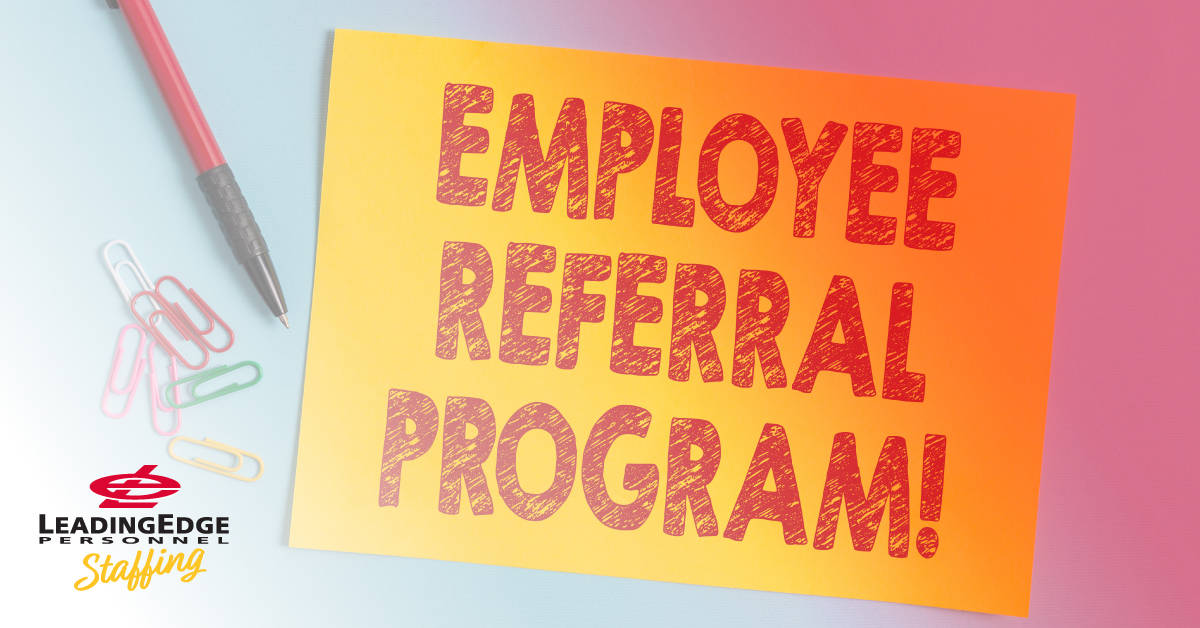08 Mar These 6 Traits Can Get You Hired on the Spot in Austin
If you’ve been looking for a new job for any length of time, you might be wondering if there’s a secret to getting hired. You might feel like you’ve done and tried everything. Maybe you have -- or maybe you just haven’t uncovered the traits that...










